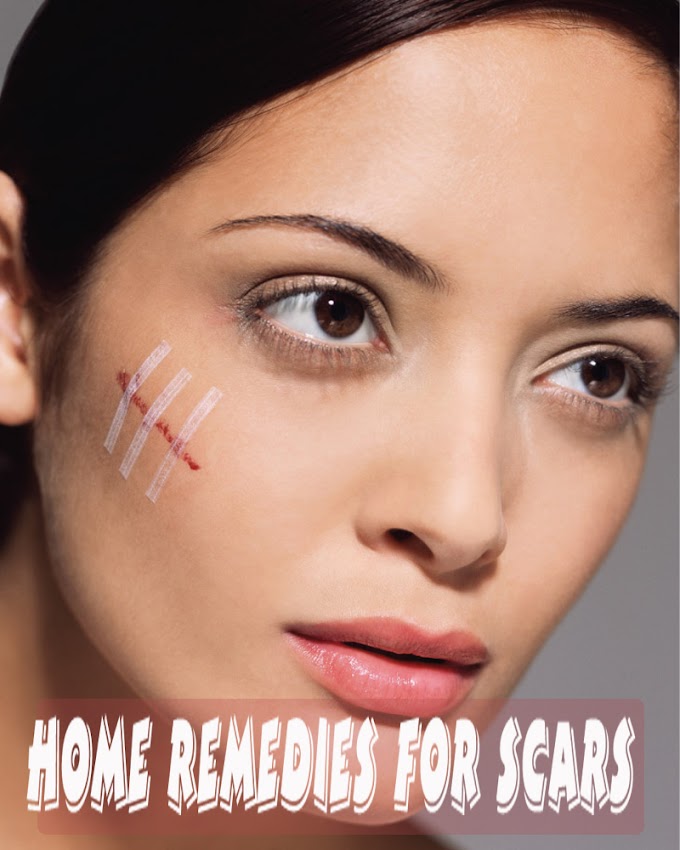Rosacea is characterized by sore redness and flushed appearance of the skin. As the redness is often accompanied by ugly bumps, the condition is taken to be similar to acne.
Furthermore, like acne, these bumps can leave behind blemishes. This chronic skin disease usually affects the cheeks, neck, chin, and chest; it may involve the eyes, too.
Rosacea generally runs in families. Plus, it is more common in fair skinned individuals or those who tend to blush easily.
The peak age of onset is mostly between 30 and 60. Moreover, women are more susceptible to this problem than men. Men suffering from rosacea, however, tend to have more severe symptoms.
The exact cause of this condition is still unknown. It is believed that rosacea is caused when the skin is irritated. In addition, it is linked with blood vessel abnormalities.
Certain studies have shown that it could be associated with skin mites and fungus, too. Besides, factors like sun exposure, hot baths, heavy exercise, emotional stress, exposure to temperature extremes, etc. can cause rosacea flare ups.
Certain items like spicy foods, alcohol, chocolates, caffeine, red wine, hot beverages, and certain medications can also cause the same. If left untreated, the condition can worsen over a period of time and can go on to become a progressive disease.
How to Get Rid of Rosacea
Although there is no cure for rosacea, here are 7 solutions that can help fight and reduce this problem.
- Aloe Vera
- Chamomile
- Green Tea Cream
- Emu Oil
- Turmeric
- Oatmeal and Honey
- Medications
Applying pure aloe vera gel on your skin, twice daily, can soothe the skin and heal rosacea symptoms like redness and inflammation. Preferably, apply the gel after cleaning your face with a mild cleanser. It works as a natural steroid cream but without the side effects. Follow this treatment for at least two months.
Boil a handful of chamomile flowers in water for about 10 minutes. Next, strain the solution and place it in the refrigerator for cooling. Finally, wash your face with water and then apply this floral water on the affected areas with the help of a cotton ball. You can use it as a soothing and calming cold compress. Furthermore, essential oils like sandalwood oil, lavender oil, tea tree oil, rosehip oil, and so on can be diluted in organic jojoba oil, coconut oil, olive oil, pure argan oil, etc. and then used.
Rosacea can also be reduced and controlled by applying a green tea cream containing green tea extracts. Apply it twice daily. In addition, you may use a skin cream containing feverfew for its anti-inflammatory and minimal skin sensitizing properties.
Emu oil is considered as a tissue nutrient beneficial for rosacea. It penetrates deep into the skin but does not clog the pores. Moreover, it has anti-inflammatory properties and helps soothe burning sensation and skin irritation. Thus, you can apply emu oil soap after using a mild cleanser. Besides, you may apply pure emu oil on your skin three times in a day.
Add a little water in turmeric powder and apply this mixture on the reddened and inflamed areas for relief. Turmeric, however, is likely to leave a yellow stain on the skin. So, you may dab a cotton ball soaked in milk, afterwards.
Prepare a paste of cooked oatmeal and honey. Smear it on your skin for its soothing and moisturizing properties. Wash it off after 15 minutes. You may also use a face mask prepared by mixing chamomile tea in cooked oatmeal.
The pustules, inflammation and redness caused by rosacea can be reduced with the help of certain medications, especially oral and topical antibiotics. Tetracyclines and erythromycin are the two most common antibiotics in this regard. In addition, topical azelaic acid (metronidazole) is also useful in getting rid of these issues. You can apply the cream or gel twice daily for several months until the symptoms subside. Besides, you may opt for laser and IPL (Intense Pulsed Light) therapy.
Tips to Prevent Rosacea
- Though rosacea cannot be prevented altogether, yet you can avoid factors that trigger the flare ups. Thus, avoid alcohol consumption, hot beverages, spicy foods, engaging in heavy exercises, exposure to the sun, humidity, windy weather, etc. It is suggested to identify your triggers and note them in a diary to help avoid the problem as far as possible.
- Certain cosmetic and skin-care products can also trigger this problem. So, stay away from harsh cleansers (bar soaps and cleansers), exfoliations, oil-based moisturizers, and products containing alcohol, witch hazel, synthetic fragrances, and essential oils. Rather, opt for non-comedogenic cosmetics and mineral makeup products. In addition, acne and wrinkle treatments like chemical peels and microdermabrasion, too, have been reported to worsen rosacea. Plus, use of topical steroids and high doses of tretinoin, benzoyl peroxide, etc. can cause the same. Alpha-hydroxy acid peels or lactic acid peels may be useful, though.
- To mask the redness caused by this chronic skin disease, apply a yellow or green-tinted foundation to neutralize the redness.






0 Comments